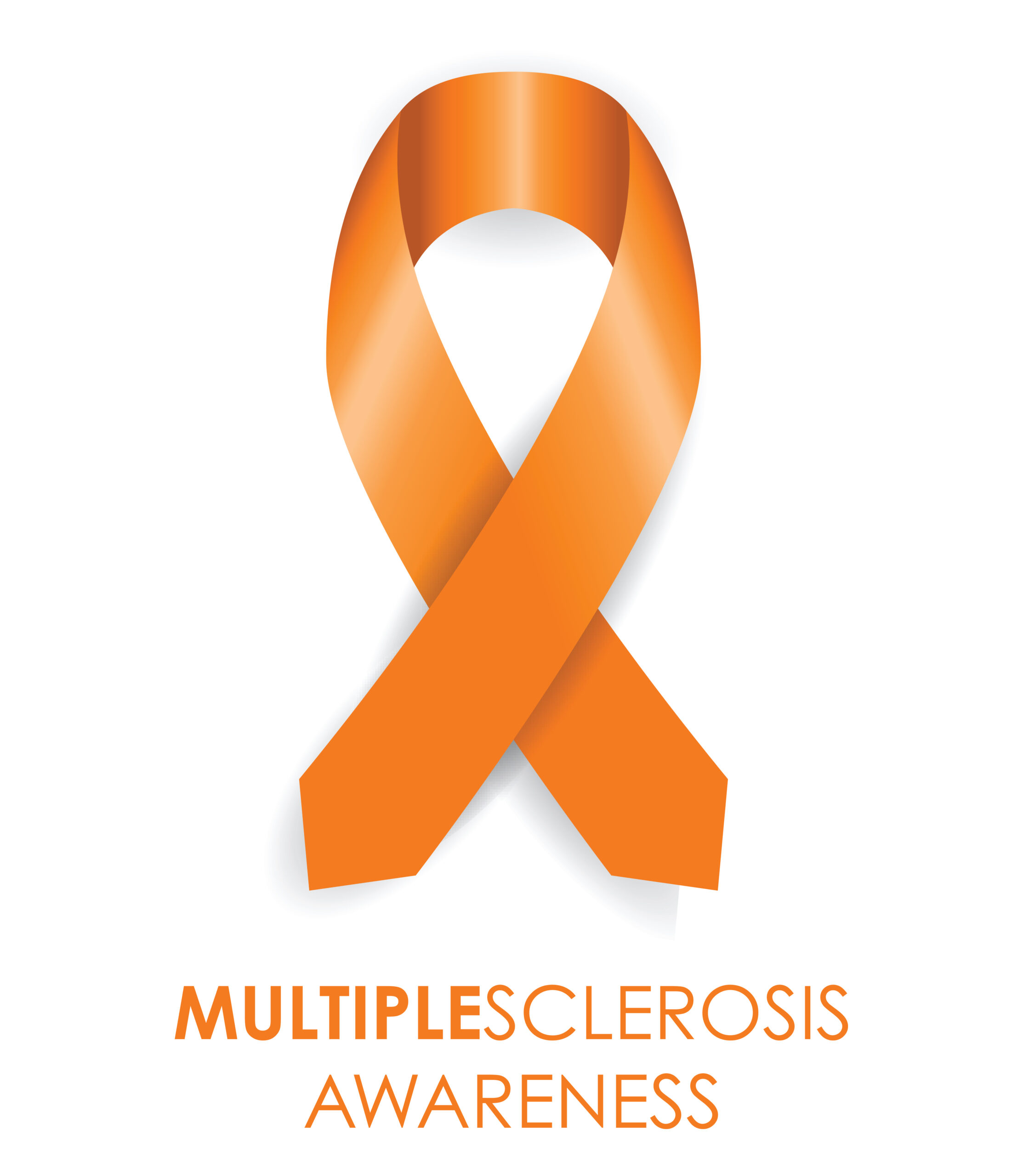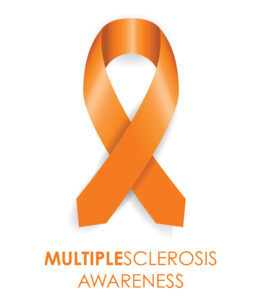

The providers of Mesa in home care discuss choosing in home care for multiple sclerosis.
While there’s no cure for multiple sclerosis (MS), hundreds of thousands of people in the United States are diagnosed with the condition – as many as 400,000 people. Of that, 86% of MS patients identify fatigue as the most common symptom of the disease. Treatment options vary, and can include outpatient treatment and in home care for multiple sclerosis. The cause of multiple sclerosis is unknown; it is not contagious or known to be hereditary, but elements that may come into play include:
- Gender – Females are afflicted more than twice as often as men
- Age – Most people receive a diagnosis between the ages of 20 and 50
- Geography – The majority of people with multiple sclerosis are living in temperate environments
- Ethnic background – Caucasians are at a higher risk
It is thought that multiple sclerosis symptoms occur when an immune system attack affects myelin, the protective insulation surrounding nerve fibers of the central nervous system. For those with MS, myelin is destroyed and replaced by scarring of tough sclerotic tissue. Some underlying nerve fibers are permanently severed, and the deterioration is experienced in multiple places within the central nervous system — giving the disease its name.
While we’re waiting for a cure, there are a wide variety of treatment methods currently obtainable to help. Drugs can change the disease course, treat relapses, and control symptoms, improving quality of life and comfort for those with multiple sclerosis. These medications might include:
Disease Course Modification:
- Injectable medications such as interferon beta 1a and 1b, glatiramer acetate, and peginterferon beta 1a
- Oral medications such as teriflunomide, fingolimod, cladribine, siponimod, dimethyl fumarate, and diroximel fumarate
- Infused medications such as alemtuzumab, mitoxantrone, ocrelizumab, and natalizumab
Relapse Management:
- IV or oral corticosteroids such as methylprednisolone, prednisone, and ACTH
Symptom Management:
A wide range of medications can be prescribed to ease symptoms such as:
- Bladder dysfunction
- Bladder infection
- Bowel dysfunction
- Depression
- Dizziness
- Emotional difficulties
- Fatigue
- Itching
- Pain
- Sexual difficulties
- Tremors
- Walking difficulties
- And more
Additionally, a variety of non-medicinal therapeutic and technological advances can be helpful, as well as skilled in home care for multiple sclerosis, which make life more comfortable, easier, and safer for those with MS.
Endeavor In Home Care is always here with highly skilled caregivers to offer a free in home consultation and development of a customized plan of care to address any challenges being experienced by someone with MS. Whether the need is for just several hours of assistance with housekeeping and companionship, full-time, live-in care to enhance safety and to prevent falls, or anything in between, our professional, compassionate providers of Mesa in home care and care in the surrounding areas are fully trained and experienced in meeting a full range of MS care needs. Contact us online or call us any time at (480) 498-2324 to learn more.


